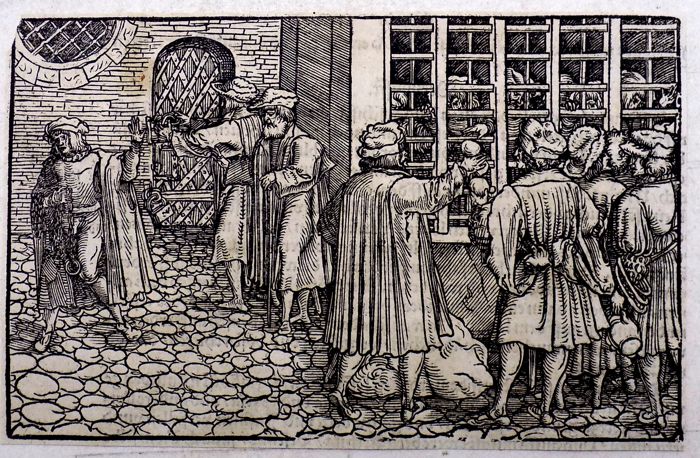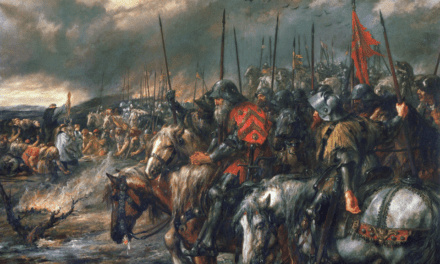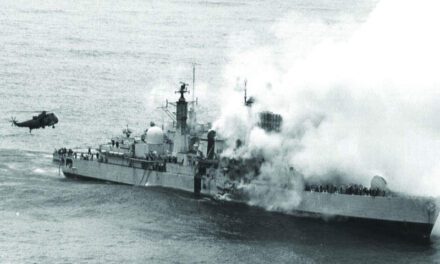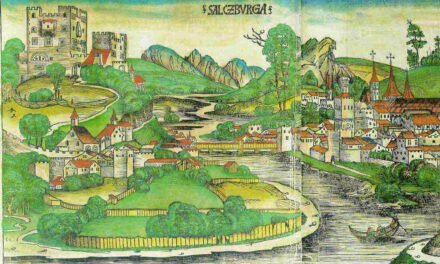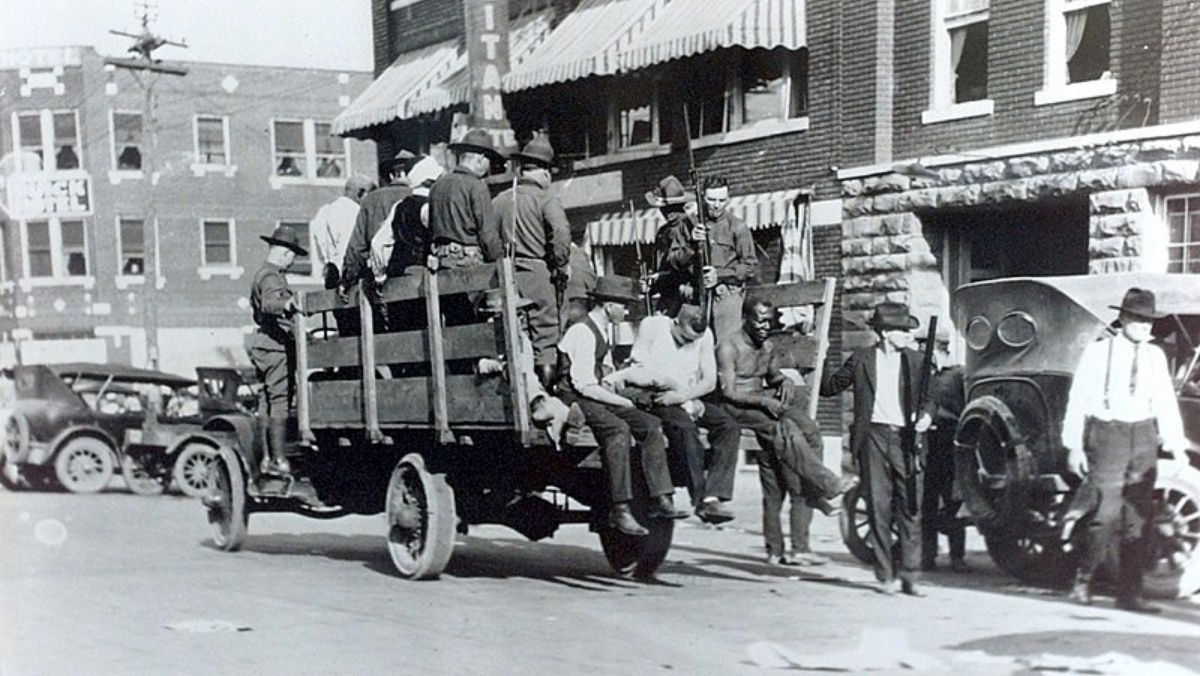History Guild General History Quiz 119
See how your history knowledge stacks up!
Want to know more about any of the questions? Once you’ve finished the quiz click here to learn more.
Have an idea for a question? Suggest it here and we’ll include it in a future quiz!
The stories behind the questions
1. When were debtors prisons abolished in the UK?
1869 – In 18th and 19th century Britain up to 10,000 people per year were imprisoned for failing to pay their debts. In the 18th century over half the prison population of England were in jail because of debt. Imprisonment as a sanction for insolvency continues to this day, with 15 US states regularly jailing debtors. In many cases imprisonment for such debt is legally justified by the legal fiction that the incarceration is not for the debt, but rather for not obeying a court order to pay the debt.
2. Where was the first commercial ice-making machine invented?
Geelong, Australia – The first practical vapor compression refrigeration system was built by James Harrison, a Scottish Australian. He built the first commercial ice-making machine on the banks of the Barwon River at Rocky Point in Geelong, Victoria, in 1854.
3. Which Allied military unit bore the brunt of the initial fighting against the Japanese in New Guinea in 1942?
Australian 39th Infantry Battalion – Read more about the 39th Battalion and their fight against the Japanese.
4. Which city did Kublai Khan establish as the capital of the Mongol Empire?
Beijing – In 1271, Kublai established the Yuan dynasty with his capital in Beijing, which ruled over present-day China, Mongolia, Korea, and some adjacent areas. He also amassed influence in the Middle East and Europe as a Khagan (King of Kings). By 1279, the Mongol conquest of the Song dynasty was completed and Kublai became the first non-Han emperor to unite all of China proper.
5. The term ‘Civil Servant’ originated in which organisation?
British East India company – Originally used in reference to non-military staff of the East India Company, from civil in the sense of non-military. The first recorded use of the term ‘Civil Servant’ is from 1792.
6. What did the Ordinance of Labourers of 1349 require?
That wages for labourers remain fixed – The ordinance was introduced in the wake of the Black Death, which killed 30-40% of the population of Britain. This lead to significant demand for labour and an increase in wages. The ruling classes didn’t want to pay more for labour or the goods that were produced by them, so they lobbied for the ordinance to be introduced that fixed wages at low levels, as well as requiring everyone under the age of 60 to work.
7. How long did Indo-Pakistan war of 1971 last?
13 days – The Indo-Pakistani War of 1971 was a military confrontation between India’s Mitro Bahini forces and Pakistan that occurred during the Bangladesh Liberation War in East Pakistan from 3 December 1971 to the fall of Dacca (Dhaka) on 16 December 1971. It ended with the surrender of East Pakistan and the formation of Bangladesh.
8. Which French explorer sailed along the Australian coast in the years 1800-1803?
Nicolas Baudin – In 1800, Captain Nicolas Baudin, in command of the corvette Le Géographe, with Captain Jacques Félix Emmanuel Hamelin captaining its sister ship Le Naturaliste, set off from Le Havre to map the coast of what came to be called Australia. Read more about their expedition here.
9. When did the Han dynasty take power in China?
202 BCE – The Han Dynasty put an end to civil war and reunified China in 202 BCE, ushering in a golden age of peace and prosperity during which progress and cultural development took place.
10. Where were the 1920 Olympics held?
Antwerp – The 1920 Olympics took place under the cloud of a pandemic. Read more here ‘Sardines for breakfast, hypothermia rescues: the story of the cash-strapped, post-pandemic 1920 Olympics.’

